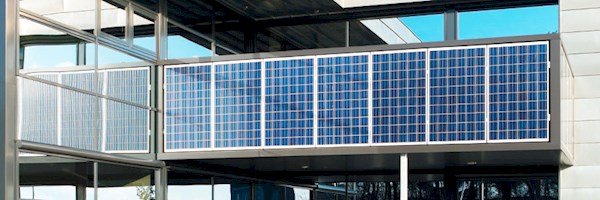An office space developer has made its latest building certifiably green, but it turns out this isn’t in response to tenant demand.
In May this year, Cube Workspace, an enthusiastically green serviced office space developer, launched its fourth building in two years. The Bryanston building was a private home, and has now been upgraded to a R40 million serviced office space, with all new areas created as green, and all existing spaces retrofitted to have the least impact on the environment.
With many commercial property developers – Growthpoint and Redefine to name two – having stated that all their new buildings will conform to the Green Building Council of South Africa’s Green Star SA Rating, and Cube Workspace working towards the rating for their Bryanston development, it would seem that there is an increase in public demand for these kinds of spaces. In reality, this is not actually the case.
“At the moment, with the green trend not having caught on with all corporate entities, I think it’s a good-to-have value-added offering to our services,” says Anthony Manas, chief executive at Cube Workspace. His plan is to create developments with minimal environmental impact, out of his own belief that this is the right thing to do. He also believes that there will be increased demand for this kind of conscientious building in future.
“Office space isn’t always the easiest to build as a green space, but every element that we were able to replace with green elements, we did,” he says. “Our first branch wasn’t green, but as we started realising how important it was and how we could make a difference by influencing our clients, it became more prominent in our branches, with our newest Bryanston branch being the greenest of them all. We plan to continue improving as we expand.”
The Bryanston development is solar powered, using LED lights. Recycled timber has been used in the boardroom furniture, all the desks are made from CFC-free boards, the carpets are made from recycled material and as often as possible, they use paints that don’t have any chemicals in them. The café cooks on gas. But this “greened” approach doesn’t come at a premium for tenants.
We don’t believe that “green” should come at a premium, but rather be streamlined across the industry. Charging premium rates on the basis of being green doesn’t make sense to us
says Manas.
The team is currently on the lookout for further opportunities in Johannesburg, where they are hoping to open their fifth branch.
This article originally appeared in Neighbourhood, Sunday Times.
